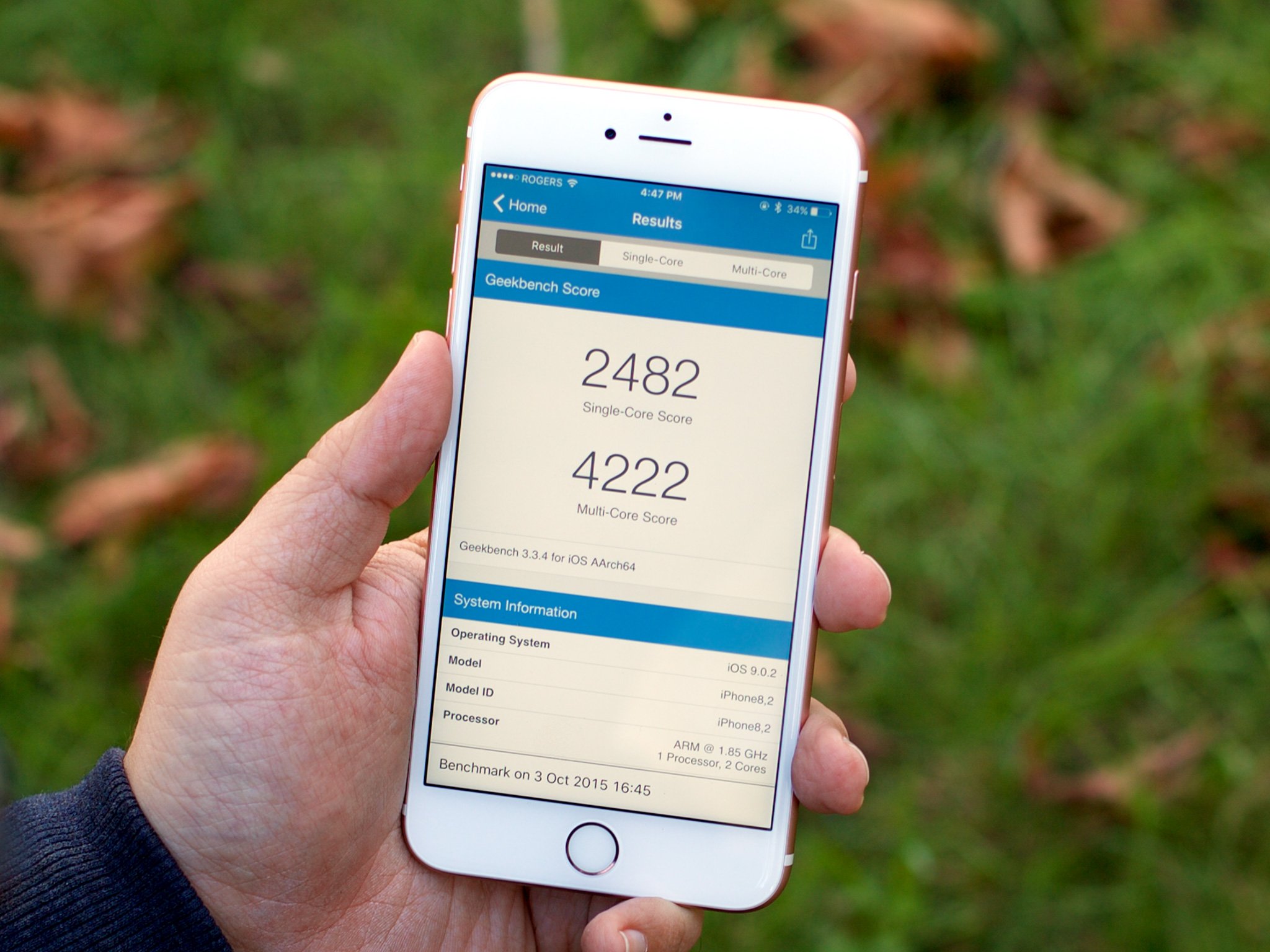Samsung vs. TSMC Apple A9 processors: What you need to know!

iMore offers spot-on advice and guidance from our team of experts, with decades of Apple device experience to lean on. Learn more with iMore!
You are now subscribed
Your newsletter sign-up was successful
Last year Apple sourced the Apple A8 system-on-a-chip (SoC) exclusively from Taiwan Semiconductor Manufacturing Company (TSMC), a change from previous generations sourced from Samsung. This year, in order to meet the ever-increasing demand for iPhone 6s and iPhone 6s Plus, the Apple A9 is being sourced from both. That's led some to wonder out loud if there was a difference between the TSMC and Samsung chipsets. So, is there?
Doesn't Apple make their own chips?
Apple designs their own chips, and have been since the the Apple A4 in 2010. They've also been designing their own custom CPUs since the Apple A6 Swift in 2012. But Apple doesn't own their own fabrication plants (fabs) to manufacture the chips. For that, they've outsourced to Samsung or Taiwan Semiconductor Manufacturing Company (TSMC).
Typically it's been one or the other. This year it's both.
Why both?
Apple sells a lot of iOS devices. A lot, a lot. It's likely no single fab can manufacturer enough chips at one time to meet demand. So, like Apple has done with display panels, memory, storage, and other components over the years, they're using two or more manufacturers.
That way they have more chips, and hence more devices, available to make sure they can fulfill as many orders as possible.
Wouldn't the Samsung and TSMC chips be identical?
Yes and no. Since both are being made by different fabs which use different processes, the resulting chips will have some differences. The differences would have to be slight enough, however, that they still meet Apple's incredibly standards and pass their rigorous quality assurance tests.
Think of it like iPhone cases. Some might be a micro-millimeter tighter, others looser, but all of them still need to fit your iPhone.
iMore offers spot-on advice and guidance from our team of experts, with decades of Apple device experience to lean on. Learn more with iMore!
Otherwise, like any component, if they're found wanting they get tossed out. That's why there sometimes aren't enough of some devices to meet initial demand.
So, why are people talking about this?
Technology aficionados will often try to figure out how to tell which component they have and groups will try to determine a favorite. While there might be a slight edge one way or another, in most cases it makes no real difference to mainstream customers.
Sometimes one manufacturer does manage to exceed requirements, other times manufacturers leak false information to try and jockey for contracts and market position.
It's a messy business which is why, again, normal humans should steer clear unless and until there's a demonstrable problem.
Then what should I do?
Not worry about it, at least for now.
If your iPhone meets the specifications Apple provided, it doesn't matter who made what component inside it.
If it doesn't, run through the troubleshooting and, if you still have issues, contact Apple.
And the Apple A9...?
Remains ludicrously fast regardless.

Rene Ritchie is one of the most respected Apple analysts in the business, reaching a combined audience of over 40 million readers a month. His YouTube channel, Vector, has over 90 thousand subscribers and 14 million views and his podcasts, including Debug, have been downloaded over 20 million times. He also regularly co-hosts MacBreak Weekly for the TWiT network and co-hosted CES Live! and Talk Mobile. Based in Montreal, Rene is a former director of product marketing, web developer, and graphic designer. He's authored several books and appeared on numerous television and radio segments to discuss Apple and the technology industry. When not working, he likes to cook, grapple, and spend time with his friends and family.
